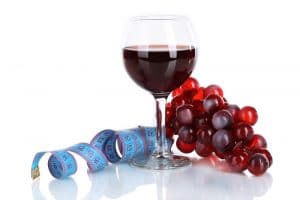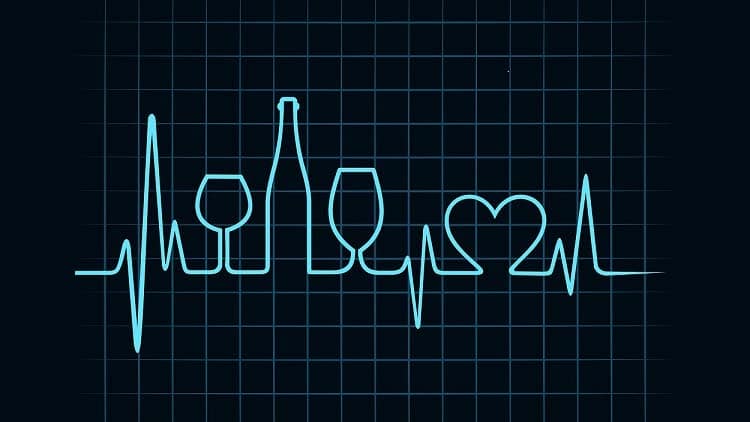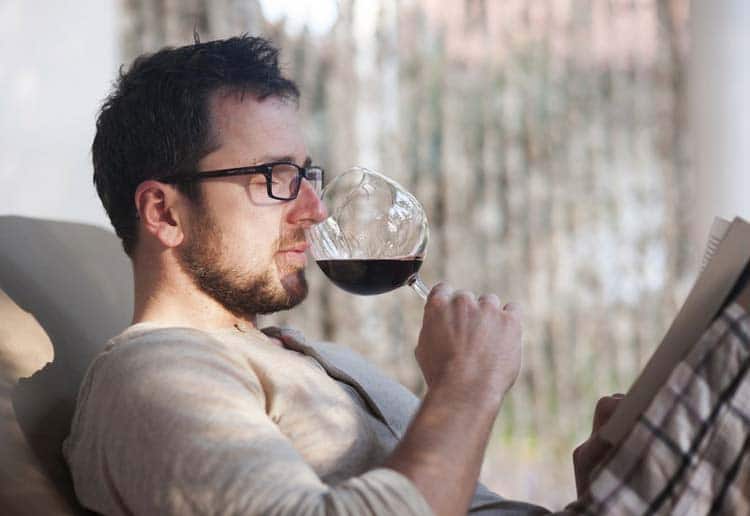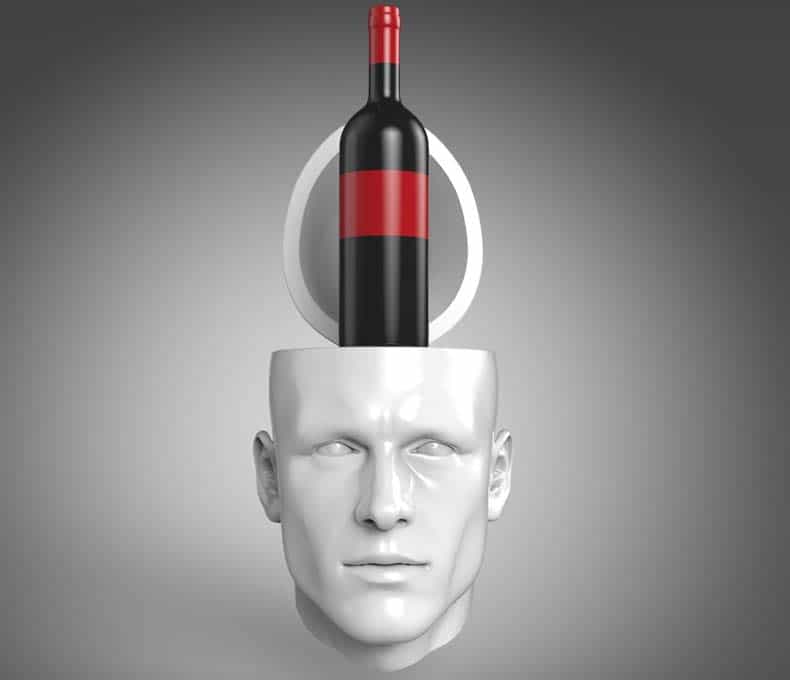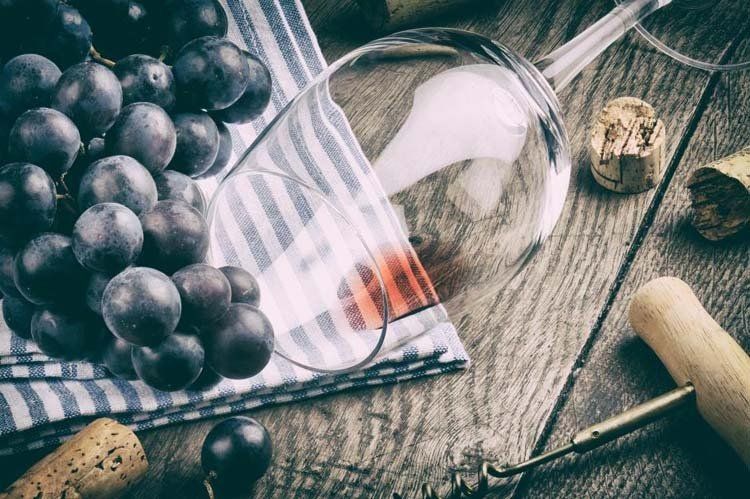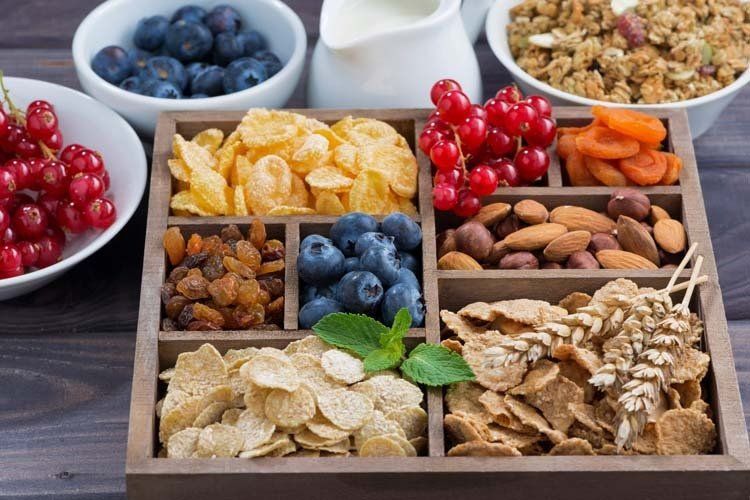Midlife Alcohol Consumption and Its Complicated Relationship with Dementia
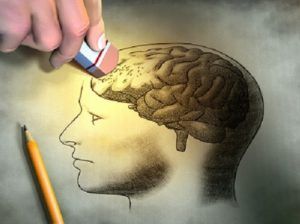
Dementia is one of the fastest growing public health problems globally. Today, an estimated 50 million people are suffering from this disease all over the world and according to the Dementia Statistics Hub, this number is expected to triple by 2050.
There are several factors affecting the global prevalence of dementia.
Among its most common perceived causes is excessive midlife alcohol consumption and its complicated relationship with dementia.
While there is strong evidence supporting the neuro-degenerative effects of alcohol later in life, a new study published on
The BMJ suggests that the relationship between dementia and midlife consumption of alcohol is more nuanced than we believe.midlife alcohol consumption and its complicated relationship with dementia
Alcohol-Related Dementia
Alcohol-related dementia is a form of dementia that is caused by excessive drinking of alcohol over a long period. According to Dementia Australia, males who drink more than six standard alcoholic drinks a day and women who drink more than four exhibits a high risk for developing alcohol-related dementia.
Some symptoms include Impaired ability to learn things, personality changes, problems with memory, difficulty with clear and logical thinking on tasks which require planning, organising, common sense judgment and social skills, problems with balance, and decreased initiative and spontaneity.
What is unclear though is whether alcohol is directly toxic to brain cells or if alcohol inhibits the absorption of thiamine resulting in Vitamin B1-deficiency.
New Findings
According to Sevil Yasar, an associate professor at the Johns Hopkins School of Medicine, recent studies are showing the complicated relationship between drinking alcohol and developing dementia later in life.
While longstanding findings still ring true like long-term excessive alcohol intake is strongly associated with an increased risk of dementia, intriguing findings have also arisen.
Among this is that (1) abstinence from alcohol in midlife is associated with a 45 percent increase in dementia risk, (2) long-term abstinence is linked with a 67 percent increase in dementia risk, and (3) a decrease in alcohol consumption resulted in a 50 percent increase in dementia risk.
What’s more interesting is the fact that the significant increase in dementia risk only appeared among people who abstained from drinking wine.
Previously published studies suggest that polyphenols, particularly resveratrol found in red wine have had neuroprotective and cardioprotective properties. This compound is also known for its capacity to inhibit platelet aggregation, change the profile of fat cells, and reduce inflammation in the body.
While these findings sound promising, Professor Yasar suggests further confirmation of these research results through long-term cohort studies and randomized clinical trials.
It’s All About Making the Right Choices
While at present, there are not treatments that can cure dementia once it strikes and there is no straight-forward way to prevent it, health experts suggest staying physically and mentally active, eating a balanced diet, and keeping your weight, blood pressure, and cholesterol at the right levels to help promote healthy brain aging.
Meanwhile, when it comes to alcohol intake, moderation and drinking the right kind of alcoholic beverage is the key to a healthier brain.
If you are concerned about midlife alcohol consumption and its complicated relationship with dementia The Wine Doctor’s resveratrol-enhanced wines
deliver a significant dose of healthy resveratrol to the body particularly when consumed in moderation so you don’t only get the cardiovascular benefits but also the neuroprotective benefits of this anti-oxidant compound.
Get your FREE eBook NOW!
Resveratrol – Natural, Healthy and Good for You
